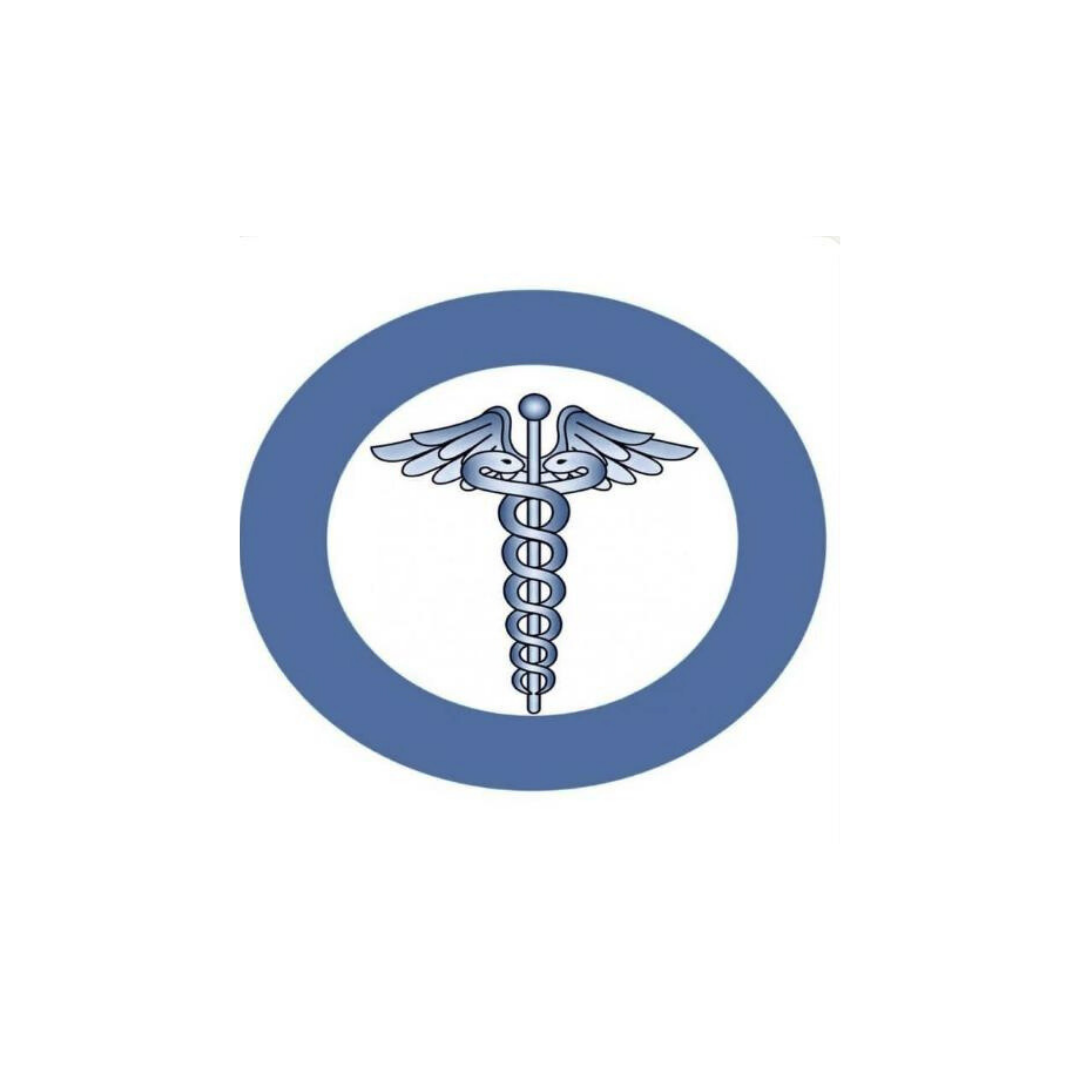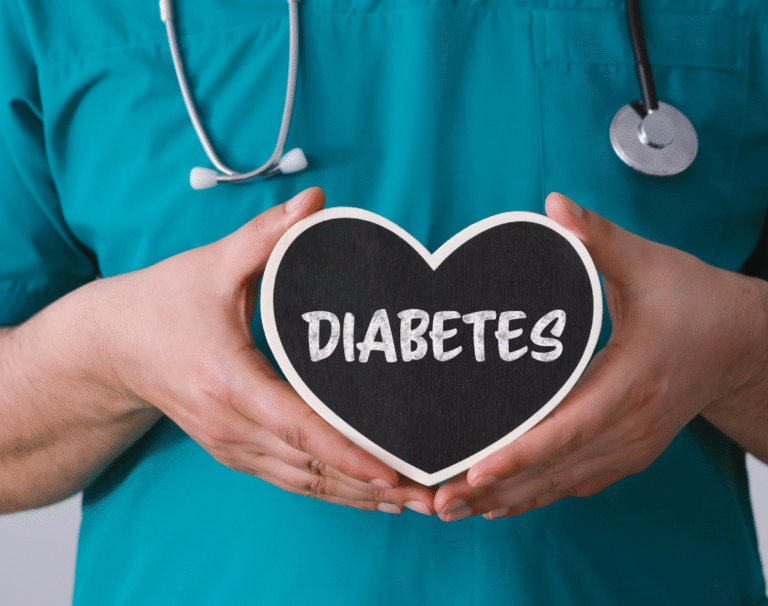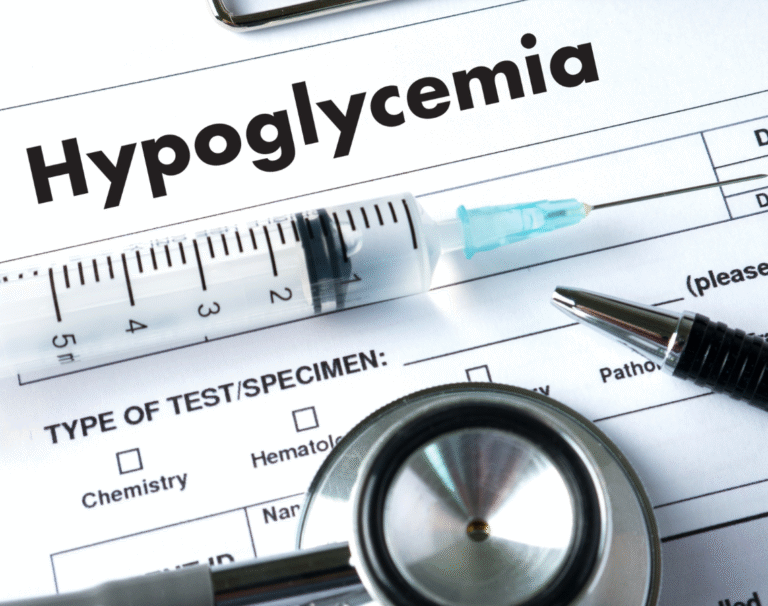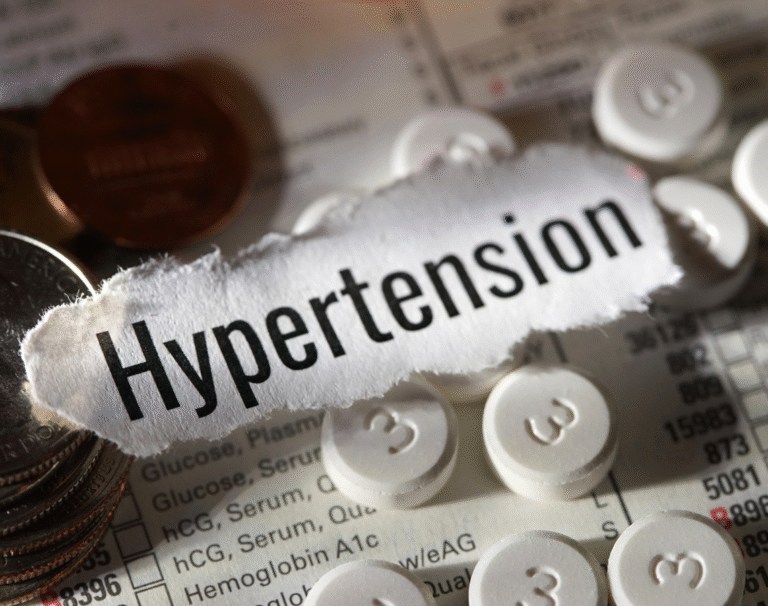Book Appointment Now
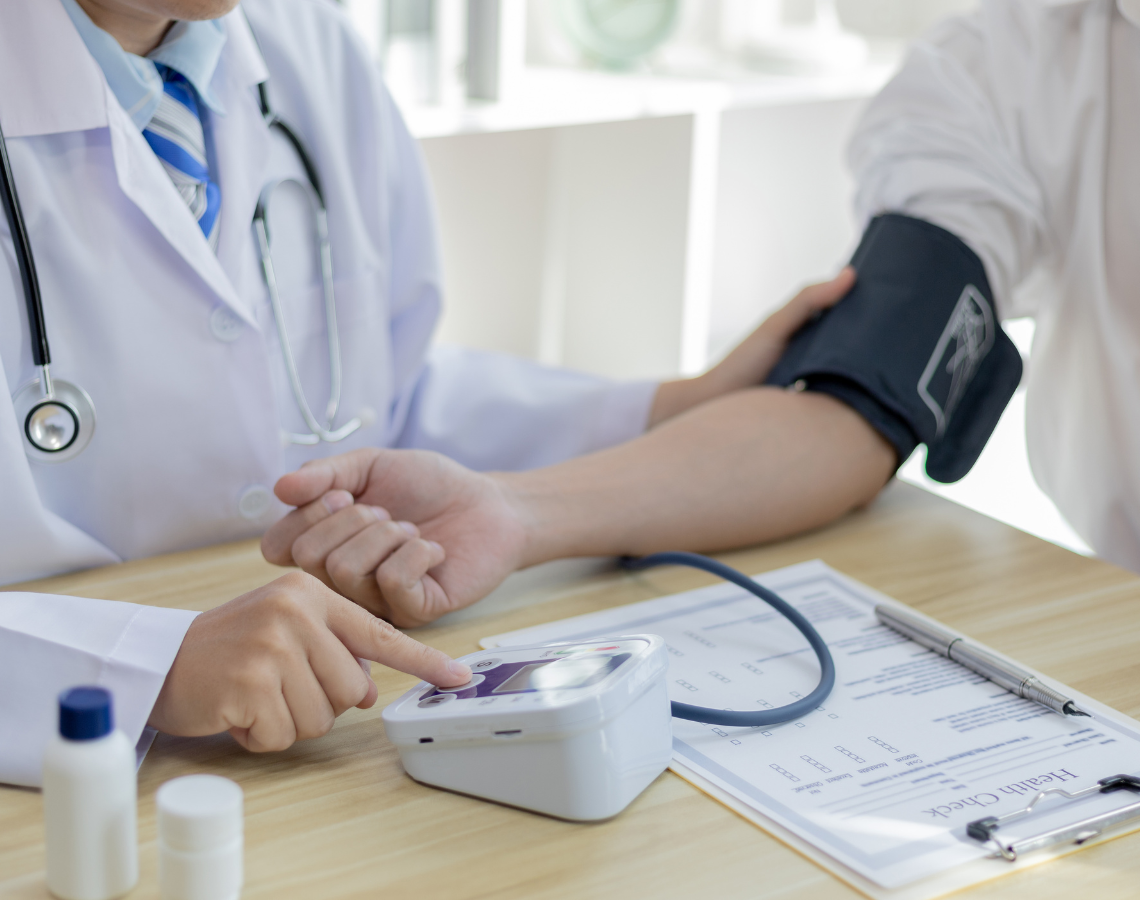
Low Blood Sugar
- On
- InHealth
Low blood sugar, also known as hypoglycemia, occurs when the level of glucose in your blood drops below normal. Glucose is the body’s main energy source, especially for the brain. When these levels fall too low, it can lead to symptoms ranging from mild discomfort to severe medical emergencies. It is a common concern for people with diabetes, especially those on insulin or other glucose-lowering medications, but it can also occur in non-diabetic individuals under certain conditions.
Causes of Low Blood Sugar
Low blood sugar most frequently occurs in people with diabetes, particularly if they:
-
Skip or delay meals
-
Take too much insulin or diabetes medication
-
Exercise more than usual without adjusting food intake or medication
-
Drink alcohol without enough food
In rare cases, hypoglycemia can also affect individuals without diabetes due to conditions like hormonal imbalances, insulin-producing tumors (insulinomas), severe infections, or after gastric surgery.
Symptoms of Hypoglycemia
Recognizing the symptoms of low blood sugar early is essential to prevent complications. Common symptoms include:
-
Shakiness or tremors
-
Sweating
-
Irritability or mood changes
-
Rapid heartbeat
-
Fatigue or weakness
-
Dizziness or lightheadedness
-
Hunger
-
Blurred vision
-
Difficulty concentrating
-
Confusion
In severe cases, it can lead to seizures, unconsciousness, or even coma if left untreated. That’s why prompt action is vital.
Managing Low Blood Sugar
If you or someone you know experiences symptoms of hypoglycemia, it is important to act quickly. The “15-15 Rule” is commonly recommended: consume 15 grams of fast-acting carbohydrates (like glucose tablets, fruit juice, or regular soda), wait 15 minutes, and check blood sugar again. Repeat if levels are still low.
For people with frequent low blood sugar episodes, it’s crucial to work with a healthcare provider to adjust medication, meal timing, or physical activity routines. Wearing a continuous glucose monitor (CGM) can also help track glucose trends and prevent lows.
Prevention Tips
Here are a few tips to help prevent low blood sugar:
-
Eat regular, balanced meals with a mix of complex carbohydrates, protein, and healthy fats.
-
Monitor your blood sugar levels as advised by your doctor.
-
Always carry a source of fast-acting glucose.
-
Avoid excessive alcohol, especially without food.
-
Adjust medications or insulin with changes in routine or physical activity.
When to Seek Medical Help
Frequent or unexplained episodes of low blood sugar should not be ignored. If you’re experiencing recurring hypoglycemia, talk to your doctor. They may need to adjust your treatment plan or investigate underlying causes.
Low blood sugar can be scary, but it is manageable with the right knowledge and support. If you’re concerned about your blood sugar levels, reach out to a trusted healthcare provider for evaluation and guidance. Early intervention can make all the difference in maintaining a safe and healthy lifestyle.
Newsletter Updates
Enter your email address below and subscribe to our newsletter
